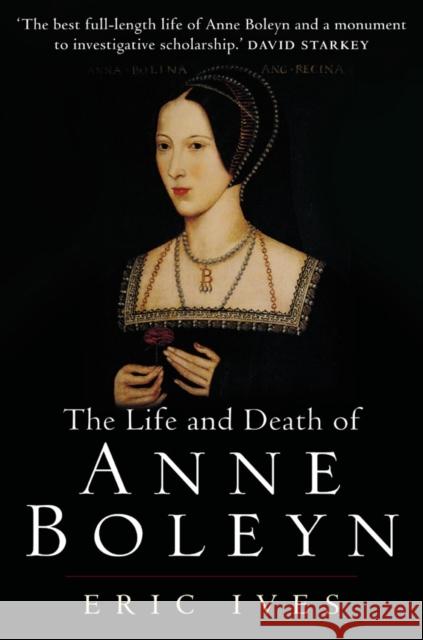The Life and Death of Anne Boleyn: 'The Most Happy' » książka
topmenu
The Life and Death of Anne Boleyn: 'The Most Happy'
ISBN-13: 9781405134637 / Angielski / Miękka / 2005 / 480 str.
This definitive biography of Anne Boleyn establishes her as a figure of considerable importance and influence in her own right.
- A full biography of Anne Boleyn, based on the latest scholarly research.
- Focusses on Anne's life and legacy and establishes Anne as a figure of considerable importance and influence in her own right.
- Adulteress or innocent victim? Looks afresh at the issues at the heart of Anne's downfall.
- Pays attention to her importance as a patron of the arts, particularly in relation to Hans Holbein.
- Presents evidence about Anne's spirituality and her interest in the intellectual debates of the period.
- Takes account of significant advances in knowledge in recent years.











